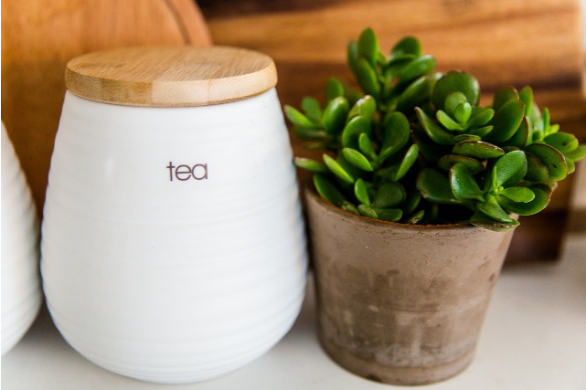Shrubs and climbers
These plants often live in the garden and can cause damage to your cat or dog if ingested. Examples includes oleander, azalea, ivy, yucca and lantana. Symptoms may include vomiting, diarrhoea, weakness, tremours and dilated pupils.
Succulents
They make for lovely indoor plants but the leaves of succulents such as mother-in-law’s tongue, aloe vera, jade plant, kalanchoe, string of pearls and certain cacti can be toxic to dogs and cats, resulting in intestinal upset. Vomiting, diarrhoea and pain are common symptoms. In severe cases, where a large quantity is ingested, you may see tremors/seizures, dilated pupils and abnormal heart rate.
Sago palm (cycads)
This common backyard palm tree is extremely toxic to dogs and cats, potentially causing liver failure and sadly death. Look out for vomiting, diarrhoea, blood in faeces, seizures or collapse.
If you suspect your pet has eaten a plant or flower, we advise checking with your vet immediately to see if they require monitoring or treatment.
Restricting your pet’s access to plants and flowers indoors is important and will ensure peace of mind when it comes to them sneaking a leaf or two.
We also recommend doing a check of your backyard and identifying the plant species your pet has access to. You can then cross check these with your vet to ensure your pet’s safety while they are unsupervised.
.png)










